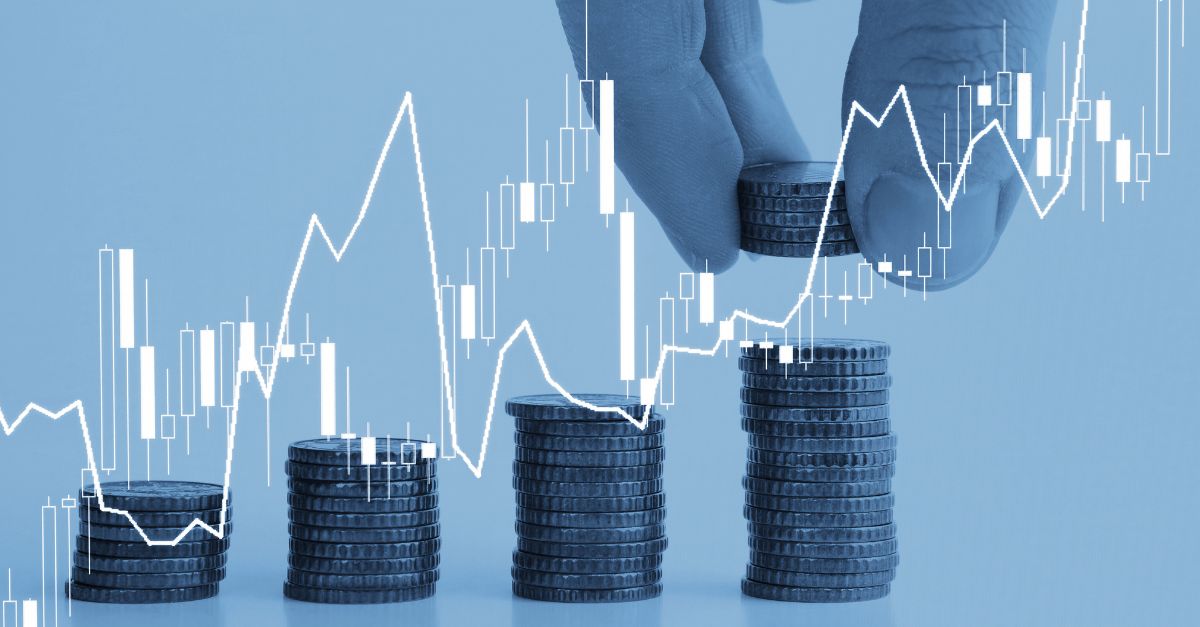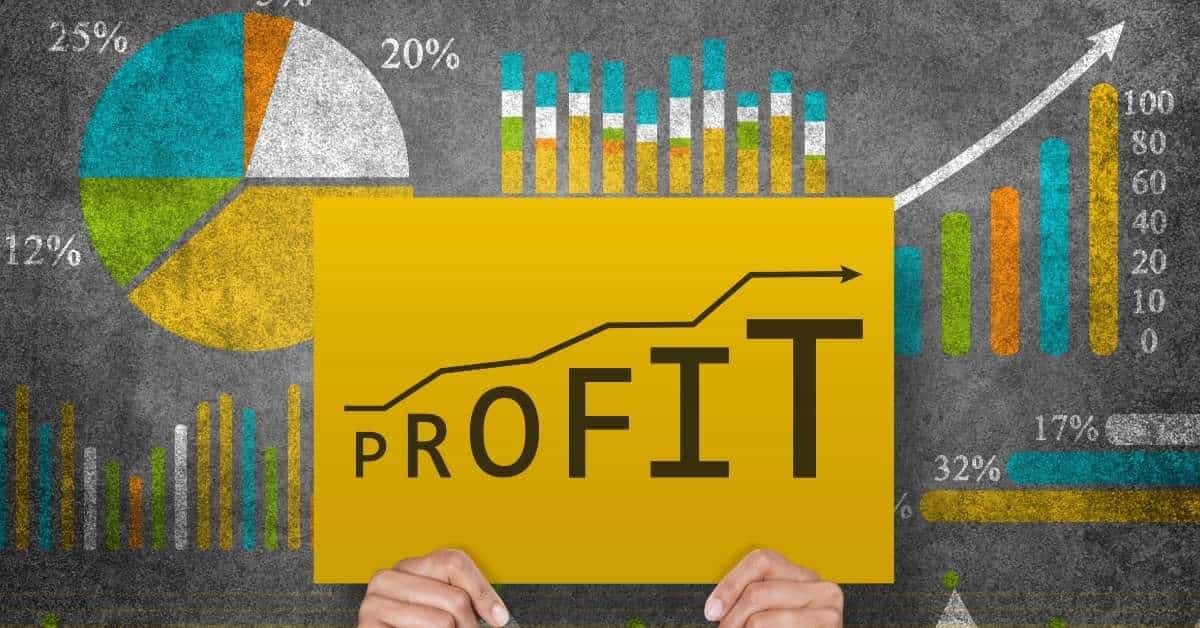Did Computershare Limited (ASX:CPU) Use Debt To Deliver Its ROE Of 9.4%?

Table of Contents
Even though some buyers are presently well versed in monetary metrics (hat suggestion), this report is for people who would like to study about Return On Equity (ROE) and why it is critical. To retain the lesson grounded in practicality, we’ll use ROE to greater realize Computershare Confined (ASX:CPU).
Return on Equity or ROE is a examination of how properly a firm is developing its price and handling investors’ income. Only place, it is employed to evaluate the profitability of a corporation in relation to its fairness capital.
See our most recent analysis for Computershare
How Do You Calculate Return On Fairness?
Return on equity can be calculated by applying the system:
Return on Equity = Internet Financial gain (from continuing operations) ÷ Shareholders’ Equity
So, dependent on the above formulation, the ROE for Computershare is:
9.4% = US$209m ÷ US$2.2b (Primarily based on the trailing twelve months to December 2021).
The ‘return’ is the revenue in excess of the last twelve months. That means that for just about every A$1 worthy of of shareholders’ equity, the organization generated A$.09 in revenue.
Does Computershare Have A Superior Return On Fairness?
By comparing a company’s ROE with its field common, we can get a rapid measure of how very good it is. Importantly, this is significantly from a great evaluate, due to the fact firms differ appreciably within the similar marketplace classification. The graphic under exhibits that Computershare has an ROE that is about in line with the IT industry average (9.4%).
That is not astounding, but it is respectable. Even though at the very least the ROE is not lessen than the business, its nonetheless value checking what part the company’s credit card debt performs as superior debt levels relative to equity may perhaps also make the ROE show up large. If legitimate, then it is a lot more an indicator of danger than the probable.
How Does Financial debt Affect Return On Fairness?
Most corporations will need money — from someplace — to mature their profits. That money can arrive from issuing shares, retained earnings, or financial debt. In the initial and next conditions, the ROE will mirror this use of cash for expense in the business enterprise. In the latter scenario, the personal debt utilized for growth will boost returns, but would not have an impact on the total equity. That will make the ROE look superior than if no credit card debt was used.
Combining Computershare’s Personal debt And Its 9.4% Return On Fairness
Computershare obviously makes use of a substantial amount of money of credit card debt to improve returns, as it has a credit card debt to equity ratio of 1.15. With a relatively lower ROE, and major use of financial debt, it is really difficult to get energized about this business at the minute. Financial debt raises threat and cuts down possibilities for the enterprise in the future, so you usually want to see some superior returns from using it.
Conclusion
Return on equity is a helpful indicator of the capability of a business to create revenue and return them to shareholders. Companies that can realize substantial returns on equity without the need of far too a great deal financial debt are commonly of good good quality. If two providers have the very same ROE, then I would commonly favor the a single with less personal debt.
Acquiring stated that, though ROE is a valuable indicator of small business high quality, you can expect to have to seem at a complete vary of components to establish the proper value to get a inventory. The amount at which gains are most likely to increase, relative to the anticipations of revenue development mirrored in the current selling price, must be deemed, also. So you might want to look at this Cost-free visualization of analyst forecasts for the organization.
Of class Computershare may not be the finest inventory to get. So you could want to see this free selection of other corporations that have superior ROE and low personal debt.
Have feed-back on this report? Anxious about the articles? Get in touch with us instantly. Alternatively, email editorial-staff (at) simplywallst.com.
This short article by Just Wall St is general in mother nature. We supply commentary primarily based on historical information and analyst forecasts only employing an unbiased methodology and our articles or blog posts are not supposed to be monetary advice. It does not constitute a recommendation to buy or sell any stock, and does not take account of your targets, or your monetary problem. We goal to bring you very long-expression focused assessment pushed by elementary details. Be aware that our investigation may not aspect in the most up-to-date price-sensitive enterprise announcements or qualitative content. Merely Wall St has no place in any stocks pointed out.





